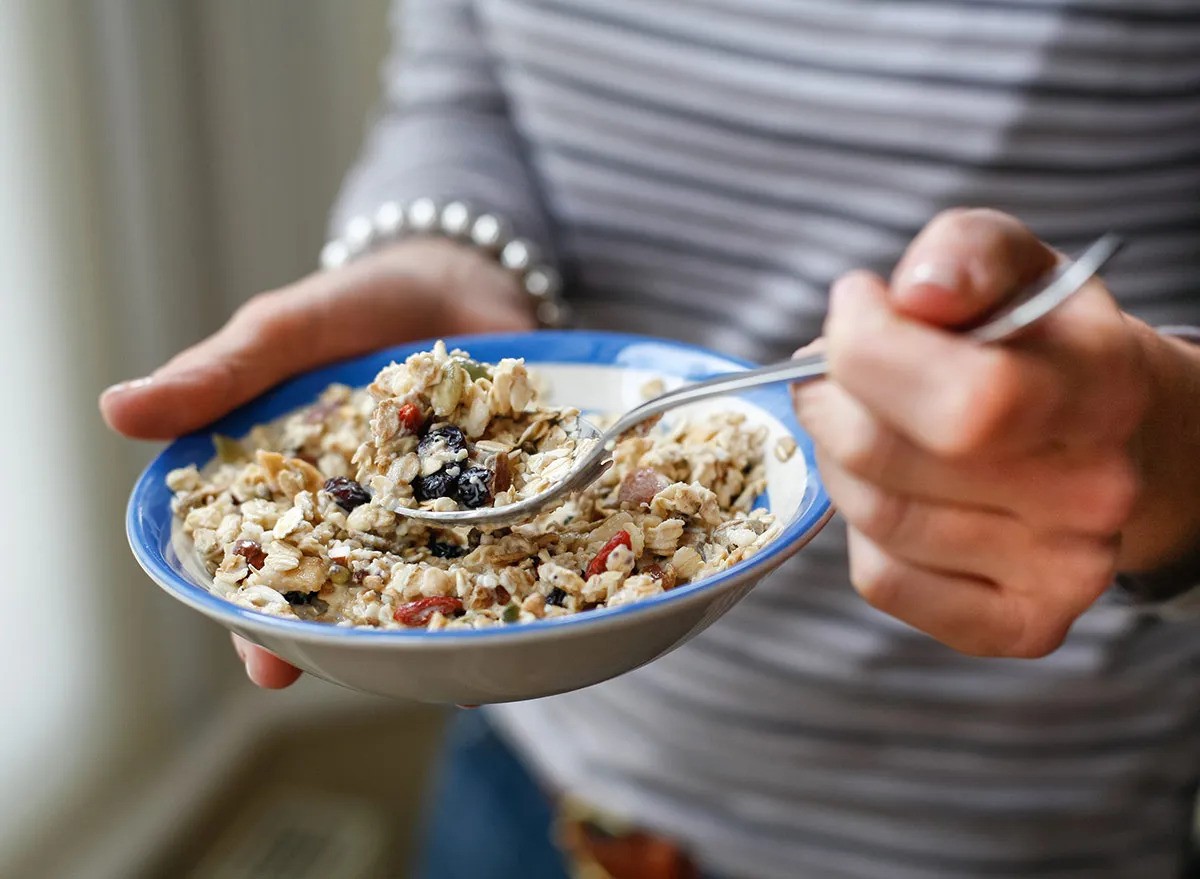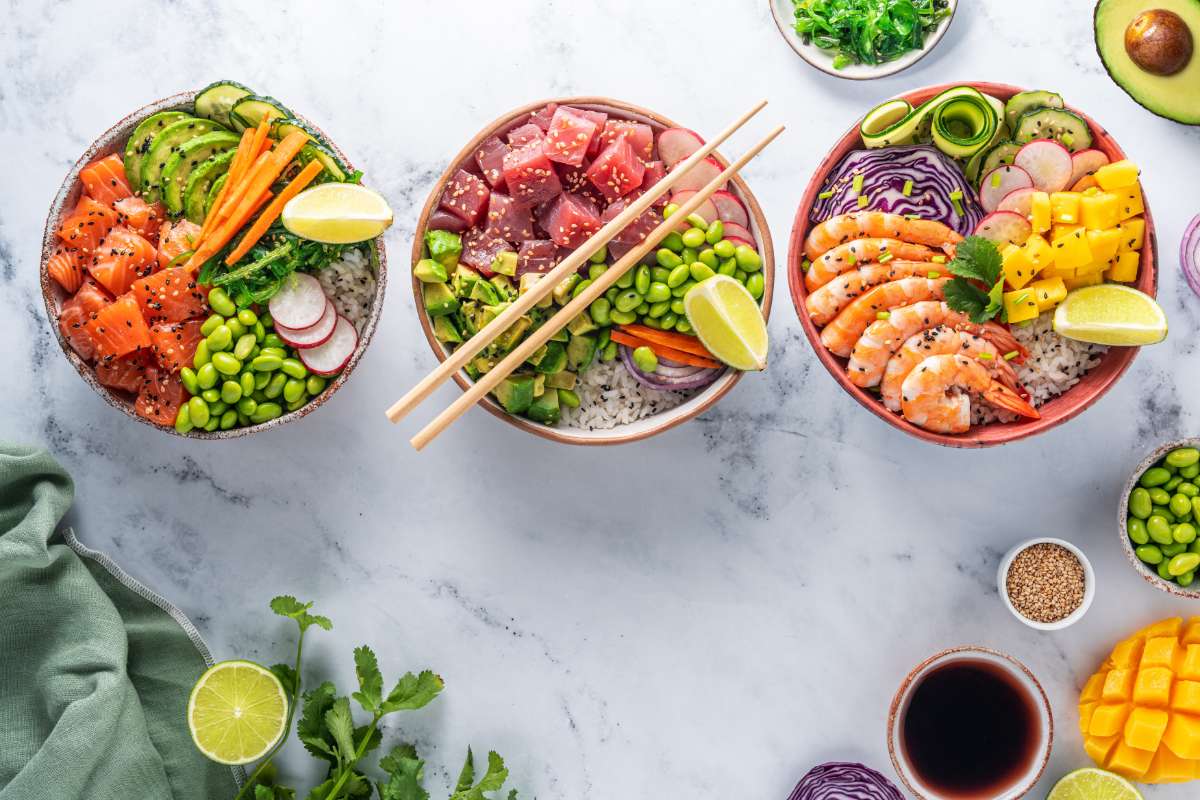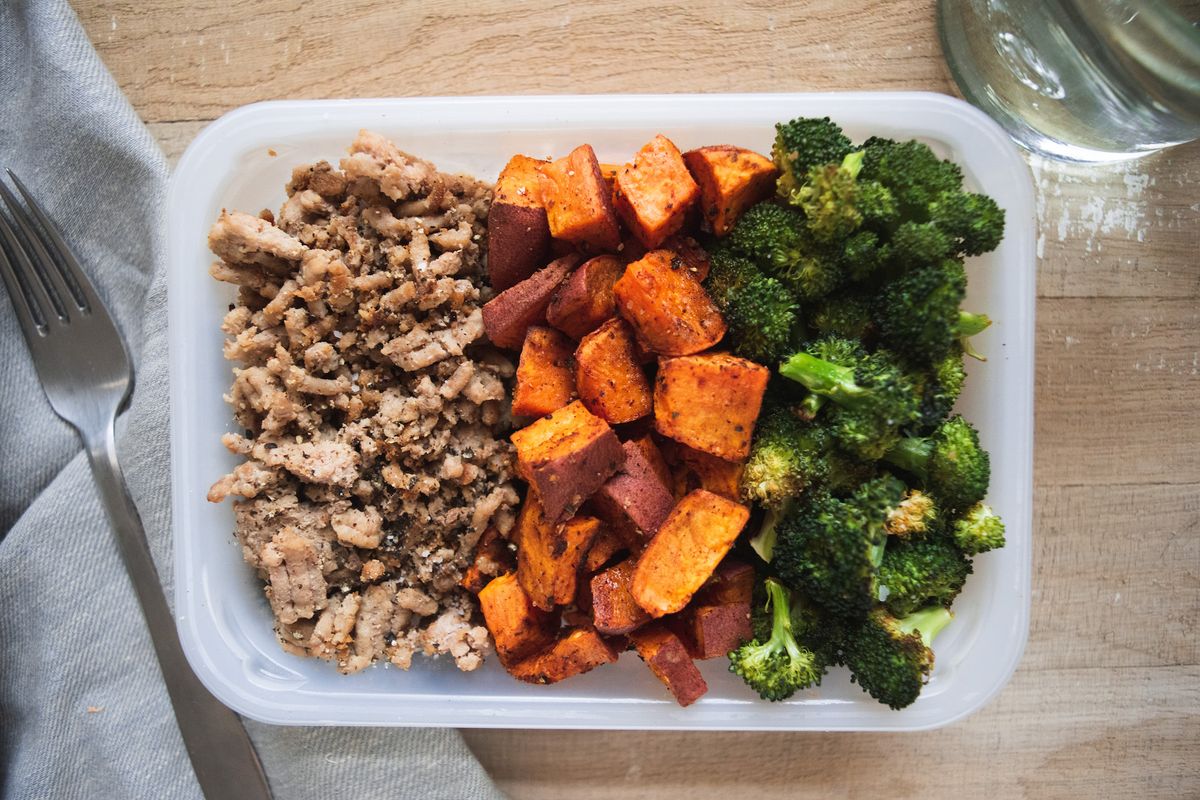How to Maintain a Low Carb Diet While Ensuring Adequate Caloric Intake
Following a low-carb diet can be an effective way to manage weight and improve overall health. However, it’s essential to ensure that you are still consuming enough calories to meet your body’s energy needs. Here are some tips on how to eat low carb and still get the calories you need:
Choose Calorie-Dense Low Carb Foods
When following a low-carb diet, it’s important to focus on foods that are both low in carbohydrates and high in calories. Some examples of calorie-dense, low-carb foods include:
- Avocados: Rich in healthy fats, avocados are a great source of calories on a low-carb diet.
- Nuts and seeds: Almonds, walnuts, and chia seeds are nutrient-dense and calorie-rich options.
- Fatty fish: Salmon, mackerel, and sardines are not only low in carbs but also packed with calories and essential omega-3 fatty acids.
- Cheese: Full-fat cheese varieties provide both protein and calories while being low in carbs.
- Olive oil and coconut oil: These healthy oils are calorie-dense and can be used for cooking or as salad dressings.
Include Protein-Rich Foods
Protein is an essential macronutrient that can help you feel full and satisfied while providing a significant amount of calories. When following a low-carb diet, be sure to include protein-rich foods such as:
- Chicken, turkey, and other poultry
- Beef, pork, and other red meats
- Eggs and dairy products
- Tofu and tempeh for plant-based protein options
Incorporate Healthy Fats
Healthy fats are a valuable source of calories and can be easily incorporated into a low-carb diet. Opt for foods rich in monounsaturated and polyunsaturated fats, such as:
- Olives and olive oil
- Avocados and avocado oil
- Nuts and seeds
- Fatty fish
Be Mindful of Portions
While it’s important to ensure an adequate intake of calories on a low-carb diet, it’s also essential to be mindful of portion sizes. Calorie-dense foods can add up quickly, so pay attention to serving sizes to avoid overeating. Consider using measuring cups or a food scale to help gauge portion sizes accurately.
Monitor Your Intake
Keeping track of your food intake can be helpful in ensuring that you are consuming enough calories while following a low-carb diet. There are various apps and websites available that can assist you in monitoring your daily calorie and macronutrient intake, making it easier to stay on track with your nutritional goals.
Seek Professional Guidance
If you have specific dietary concerns or health conditions, it’s advisable to consult with a registered dietitian or healthcare professional. They can provide personalized guidance and support to help you navigate a low-carb diet while ensuring that you are meeting your caloric needs and maintaining overall nutritional balance.
By incorporating calorie-dense, low-carb foods, prioritizing protein and healthy fats, being mindful of portions, monitoring your intake, and seeking professional guidance when needed, you can successfully maintain a low-carb diet while ensuring adequate caloric intake to support your overall health and well-being.











